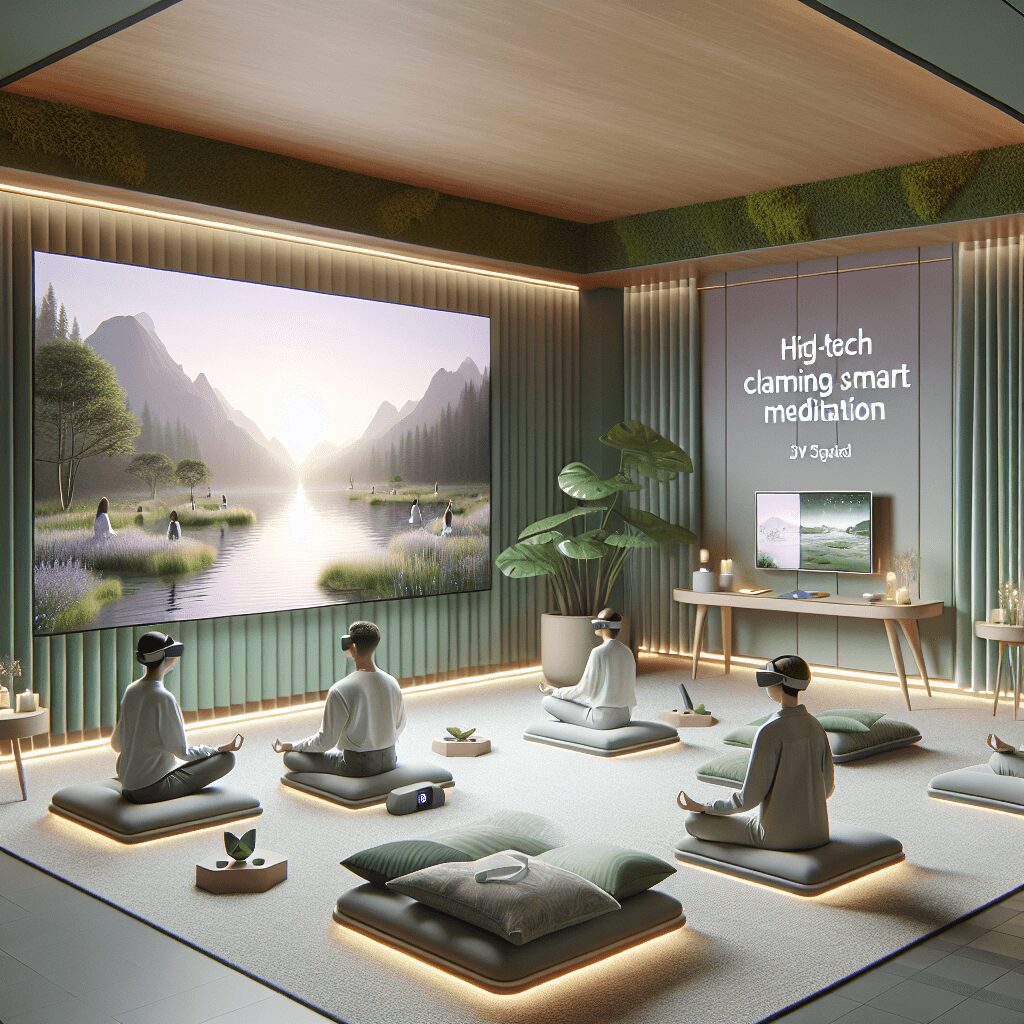
Prioritize your mental well-being daily. Enhance your life by nurturing your mental health with the Smart Meditation app. Break free from stress, alleviate anxiety, and enhance your sleep quality starting today.
Is Anxiety Innate Or Learned?
Peering into the Maze of Anxiety: Nature or Nurture?
In the vast, undulating landscape of mental health, anxiety stands out like a towering monolith, casting long shadows over the lives of those it touches. But where does this formidable adversary come from? Is it a specter passed down through our genes, or is it shaped by the whispering winds of our environment? Let’s dive into the heart of the matter and unravel the complex tapestry of anxiety’s origins.
The Genetic Blueprint of Anxiety
First off, let’s tackle the “nature” side of the equation. Science, that relentless seeker of truth, has unearthed compelling evidence pointing towards a genetic component to anxiety. Imagine our DNA as a colossal library, brimming with volumes that narrate the saga of our existence. Some of these volumes contain chapters predisposing individuals to higher levels of anxiety.
Studies involving twins have been particularly eye-opening. Identical twins, who share the exact same genetic material, often exhibit more similar anxiety levels compared to fraternal twins, who only share about half of their genes. This doesn’t mean we’re puppets dangling from the strings of our DNA, but it does suggest that genetics plays a significant role in the anxiety saga.
The Molding Hands of Experience
Now, onto the “nurture” aspect. If life were a play, our experiences would be the stagehands, tirelessly shaping and setting the scene. These experiences, from the tender moments of childhood to the trials of adolescence, wield a profound influence over our mental landscape.
Psychologists and researchers are in agreement that environmental factors are monumental in the development of anxiety. Traumatic events, such as accidents or loss of loved ones, can etch deep marks on the psyche, fostering anxiety. Additionally, even something as seemingly benign as an overly protective upbringing can limit an individual’s ability to manage stress, potentially sowing the seeds of anxiety.
Let’s not forget the social and cultural dimensions. The pressure cooker of societal expectations can turn up the heat on our mental well-being, contributing to the stew of anxiety. Furthermore, witnessing anxiety in family members or peers can inadvertently serve as a learning mechanism, teaching individuals that the world is a place to be approached with trepidation.
Synthesizing the Strands
So, is anxiety innate or learned? The answer isn’t a simple “either/or” but a resounding “both.” Like an intricate dance, our genetic predispositions and environmental experiences move in tandem, weaving the intricate fabric of our mental state.
Understanding that anxiety has both innate and learned components doesn’t just satisfy our intellectual curiosity—it also lights the path forward for treatments. Tailoring interventions to address both the biological and experiential facets can offer a more holistic approach to managing anxiety. From medication and therapy that target the brain’s chemistry, to cognitive behavioral techniques that reshape thought patterns, the dual understanding of anxiety’s origins paves the way for more effective relief.
In the intricate labyrinth of mental health, recognizing the interplay between nature and nurture in anxiety isn’t just an academic exercise. It’s a beacon of hope, illuminating a path to understanding and managing one of humanity’s most common psychological challenges. So, let’s keep pushing the boundaries of our knowledge, for in understanding, we find the keys to liberation.





